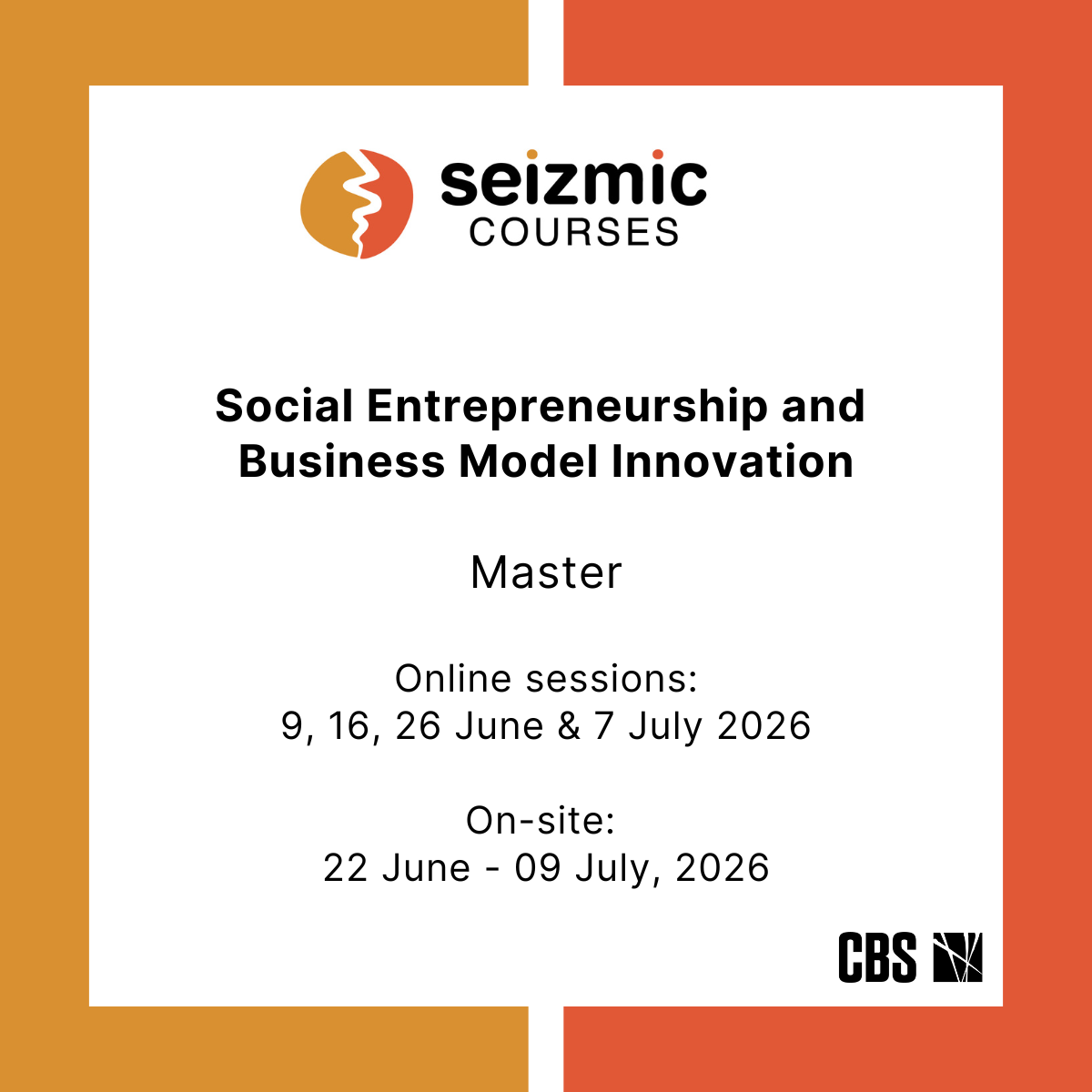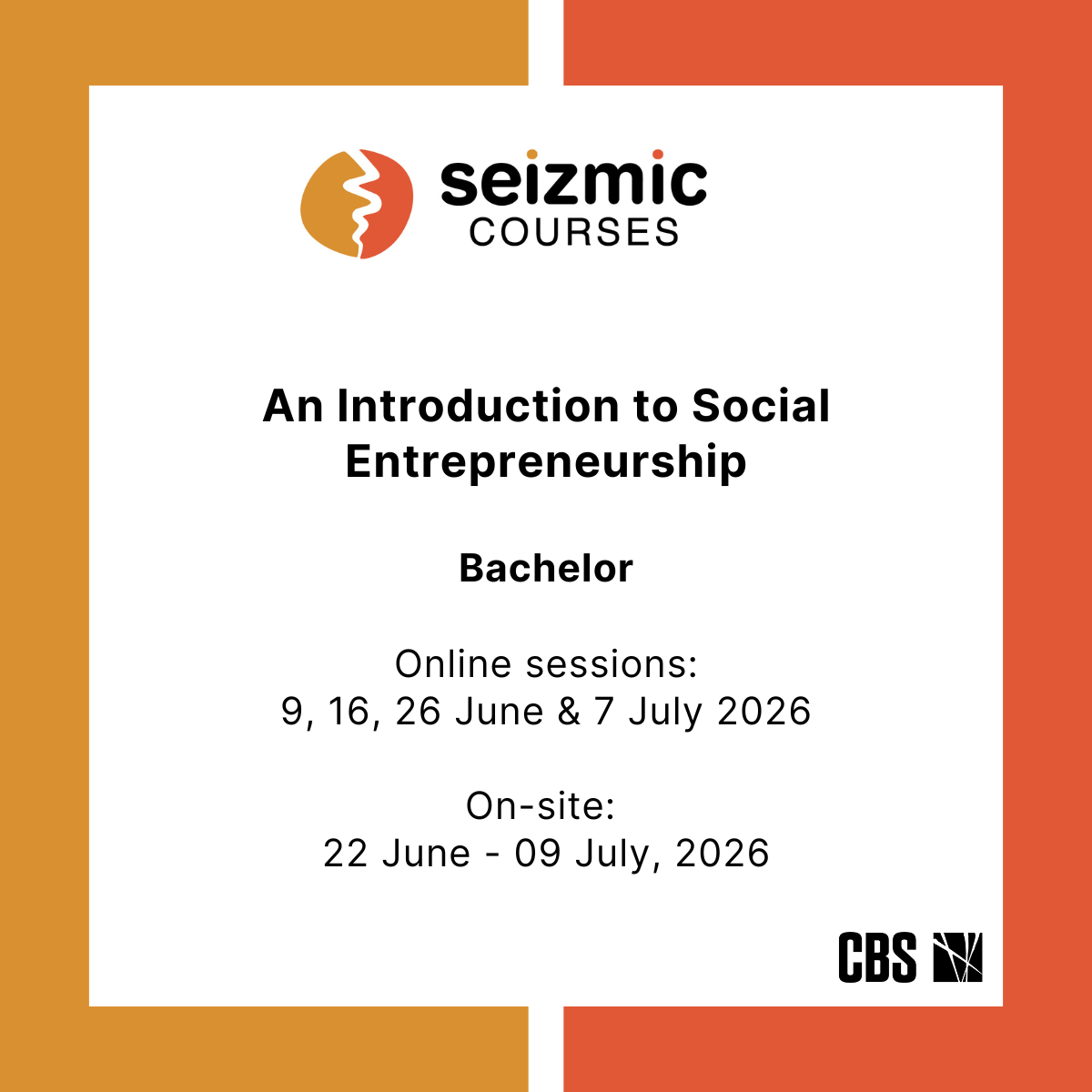BIP Linguistic Diversity, Interculturality and European Identity
Four Aurora universities, each located in a different region of Europe, unite with one shared goal: to explore and deepen understanding of linguistic diversity and plurilingualism-inspired pedagogical approaches.
This course exchanges best practices, resource-oriented strategies, and innovative approaches for plurilingual teaching and learning in higher education. It fosters the development of a European cultural identity grounded in the richness of multiple cultures. In doing so, it highlights language plurality and linguistic diversity as valuable assets for universities, staff, students, and society at large.
Are you a Bachelor’s, Master’s, or PhD student in Education, Humanities, or Social Sciences?
This unique course is designed for you!
- Language of instruction: English
- Fees: No registration fee for Aurora students
- Total places: 30 (20 for incoming students and 10 for URV students)
- Nomination deadline: 27th February 2026
- Application deadline: 16th March 2026
Before applying, students are strongly encouraged to contact their local Aurora office to inquire about available funding opportunities and to receive guidance on submitting their application.
Selection and Nomination Procedure
The programme is open to students from all Aurora partner universities; however, priority will be given to applicants from the organising institutions (UIBK, UPOL, UNINA and URV).
Each Aurora university may nominate up to seven students.
A waiting list will be created on a first-come, first-served basis, again prioritising students from the organising institutions. Selected students will then be invited to submit their formal application to URV by 16th March 2026.
More info here.




